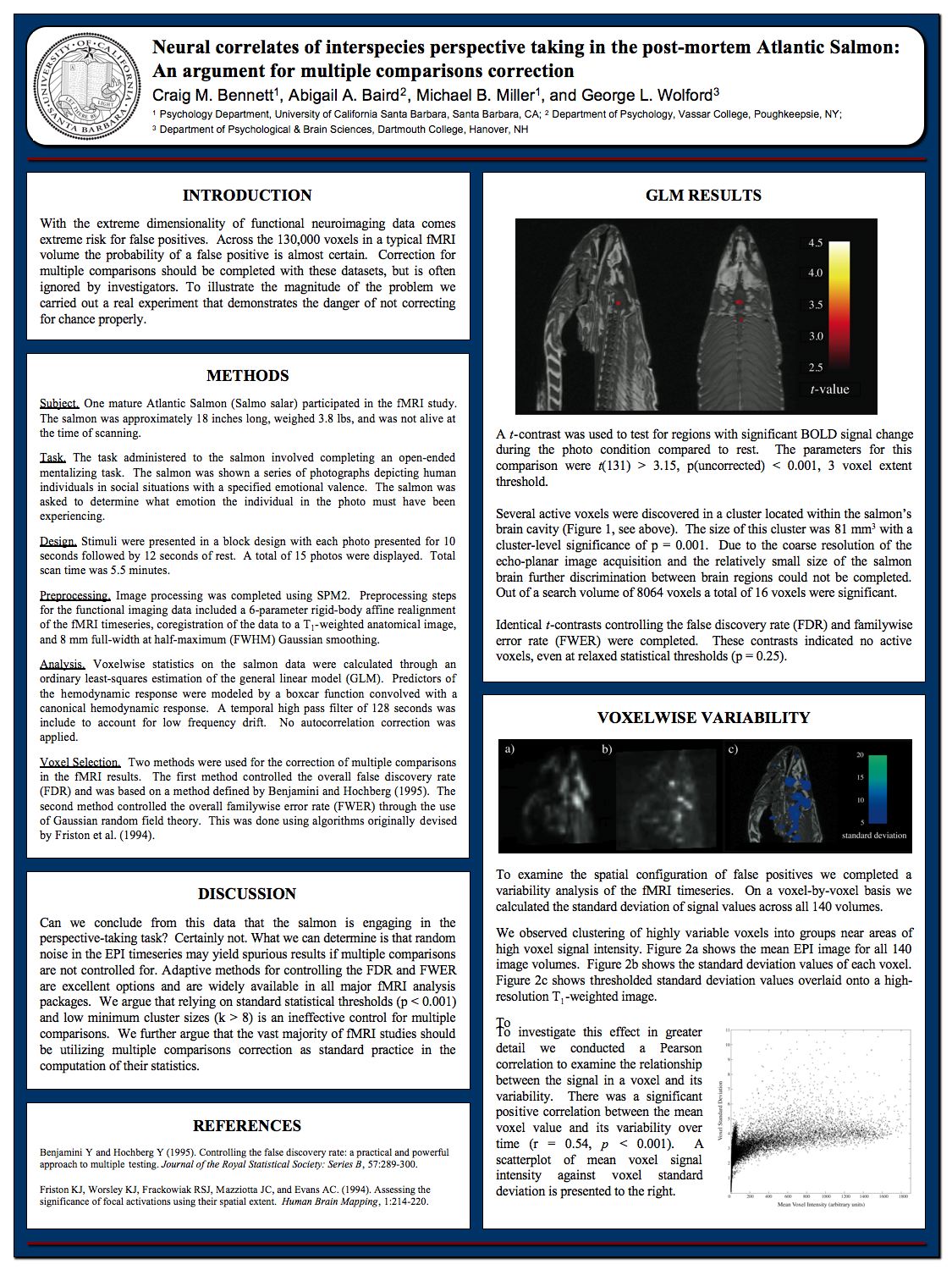Perspicuo
Veteran Member
Research Suggests We Unconsciously React to Events Up to 10 Seconds Before They Happen
http://themindunleashed.org/2014/03...nsciously-react-events-10-seconds-happen.html
http://themindunleashed.org/2014/03...nsciously-react-events-10-seconds-happen.html
Can your brain detect events before they even occur? That was the stunning conclusion of a 2012 meta-analysis of experiments from seven independent laboratories over the last 35 years, which found that the human body “can apparently detect randomly delivered stimuli occurring 1-10 seconds in the future” (Mossbridge, Tressoldi, & Utts, 2012). In the studies, physiological readings were taken as participants were subjected to unpredictable events designed to activate the sympathetic nervous system (for example, showing provocative imagery) as well as ‘neutral events’ that did not activate the nervous system. These readings showed that the nervous system aligned with the nature of the event (activated/not activated) – and what’s more, the magnitude of the pre-event response corresponded with the magnitude of the post-event response.



